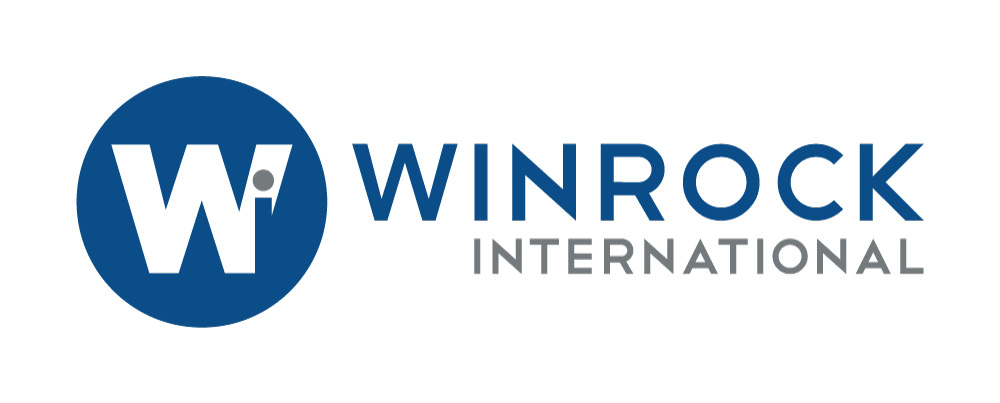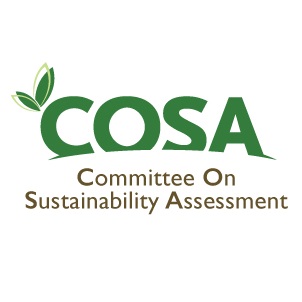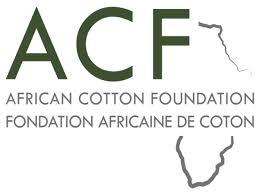Our Work
Rogers MacJohn works with a diversity of public, social, and private sector clients, including…

















Rogers MacJohn works with a diversity of public, social, and private sector clients, including…
















